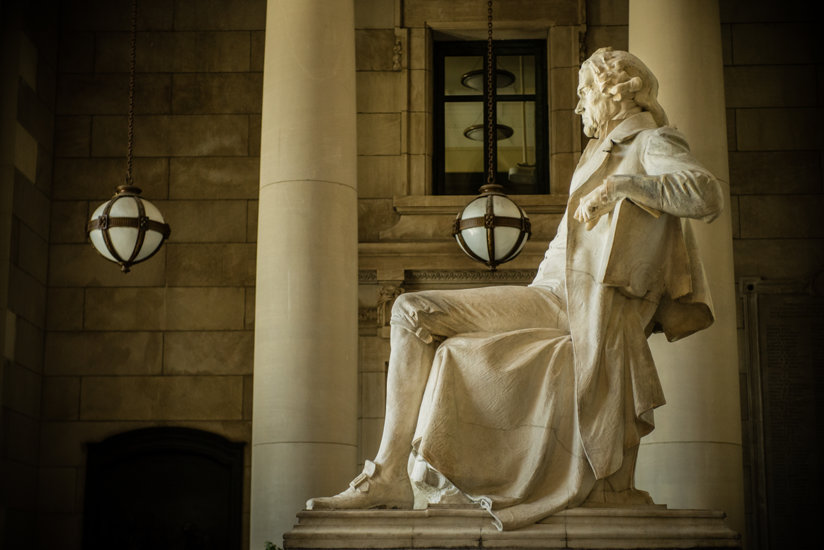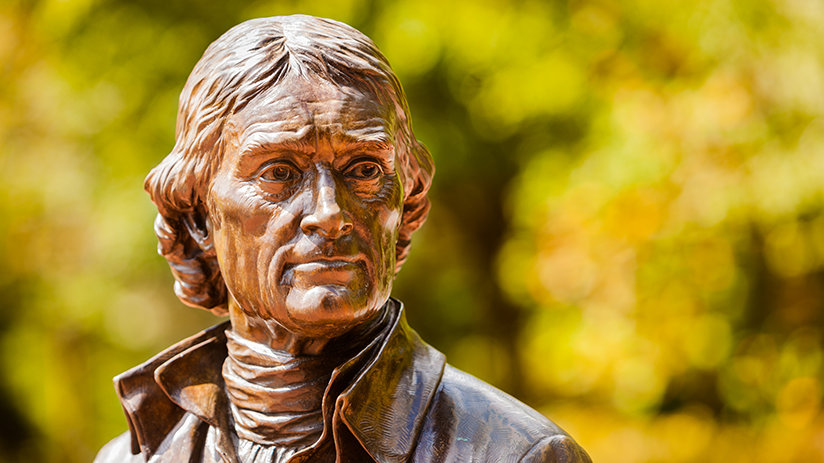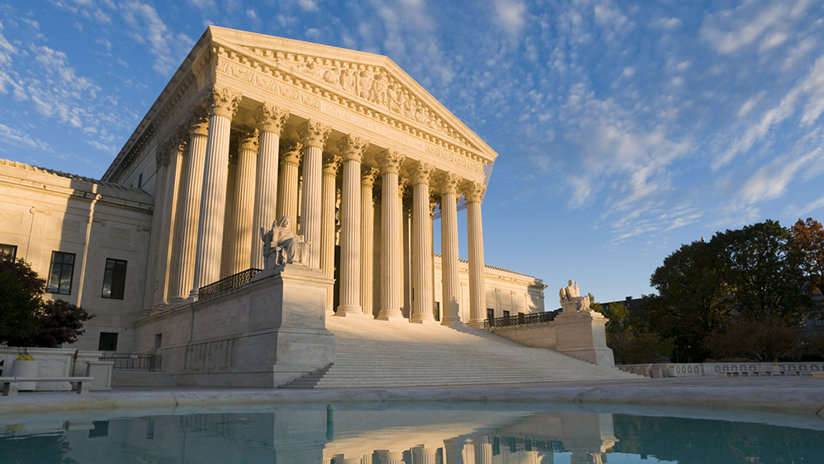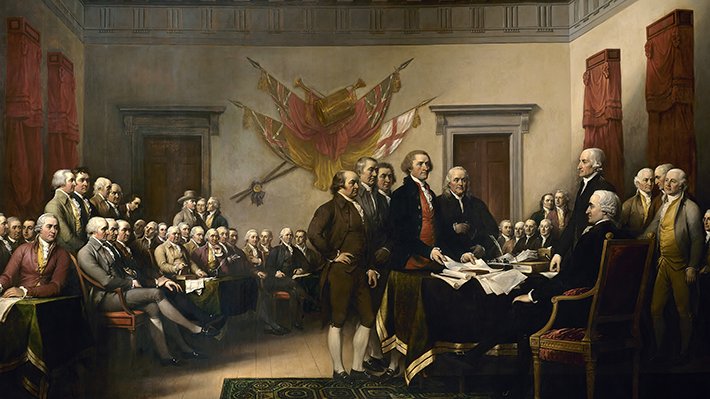
-
HOME
-
WHAT IS STANDOur Mission Our Values Our Help Contact
-
WHAT WE FIGHT FORReligious Freedom Religious Literacy Equality & Human Rights Inclusion & Respect Free Speech Responsible Journalism Corporate Accountability
-
RESOURCESExpert Studies Landmark Decisions White Papers FAQs Religious Freedom Resource Center Priest-Penitent Privilege Islamophobia Freedom of Religion & Human Rights Topic Index
-
HATE MONITORBiased Media Propagandists Hatemongers False Experts Hate Monitor Blog
-
NEWSROOMNews Media Watch Videos Blog
-
TAKE ACTIONCombat Hate & Discrimination Champion Freedom of Religion Demand Accountability
Religious Freedom: Why Are We Still Talking About This?
I am sickened by some of what I hear on the subject of religious freedom in America. Anti-Semitism, islamophobia, jeers at Christians and jokes on late-night shows about Buddhists, Hindus and Scientologists are treated as par for the course.
We need to grow up. We need to stop acting like mean girls making fun of our classmates or children fighting over a basketball.
A brief review of the history of religious freedom in America reveals the many steps taken to guarantee people the right to freely express their religious beliefs as they see fit.
Before the Pilgrims came to America, French Protestants formed a colony near modern-day Jacksonville, Florida. The Spanish, largely Catholic, also occupied much of Florida pre-1600. Then there were the Puritans in New England in the early 1600s having left England due to religious persecution. All had been treated unfairly and unjustly. And there were of course many more.

Old Tommie J (Thomas Jefferson) drafted a bill as the Governor of Virginia that would guarantee religious freedoms for Virginians of all faiths, including the faithless. Though it didn’t pass its first time through, it became law in 1786, and many believe it was the precursor to the establishment and free exercise clauses of the First Amendment to the U.S. Constitution. Jefferson was proud of what would become known as the Virginia Statute for Religious Freedom—it was one of three accomplishments he instructed be included in the epitaph on his Monticello gravestone.
We need to grow up. We need to stop acting like mean girls.
James Madison, before becoming president, argued against state support of Christian religious doctrine, and later drafted the First Amendment itself, as adopted in 1791 to provide constitutional protection for civil liberties including freedom of religion, speech and the press.
The Supreme Court’s rulings through the years are too numerous to catalog. Suffice it to say this principle of religious freedom has received as much “vetting” in America as 1,000 Supreme Court Justice nominees combined. And it passed the test.
Yet we are still talking about it. Why?
Religious bigotry and hate have existed in the more or less dark corners of society since long before America was ever even a dream in the minds of its founders.
So why are we still talking about it?
Because if we forget how long and hard the battles were that we fought to earn the freedoms we today call ours, then we may again find ourselves slipping back into the mire of the Dark Ages.
No one wants that, I am pretty sure.









